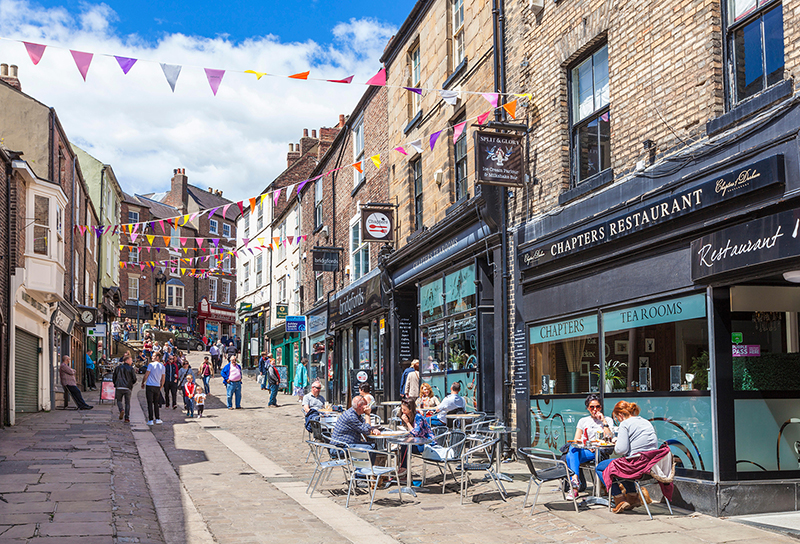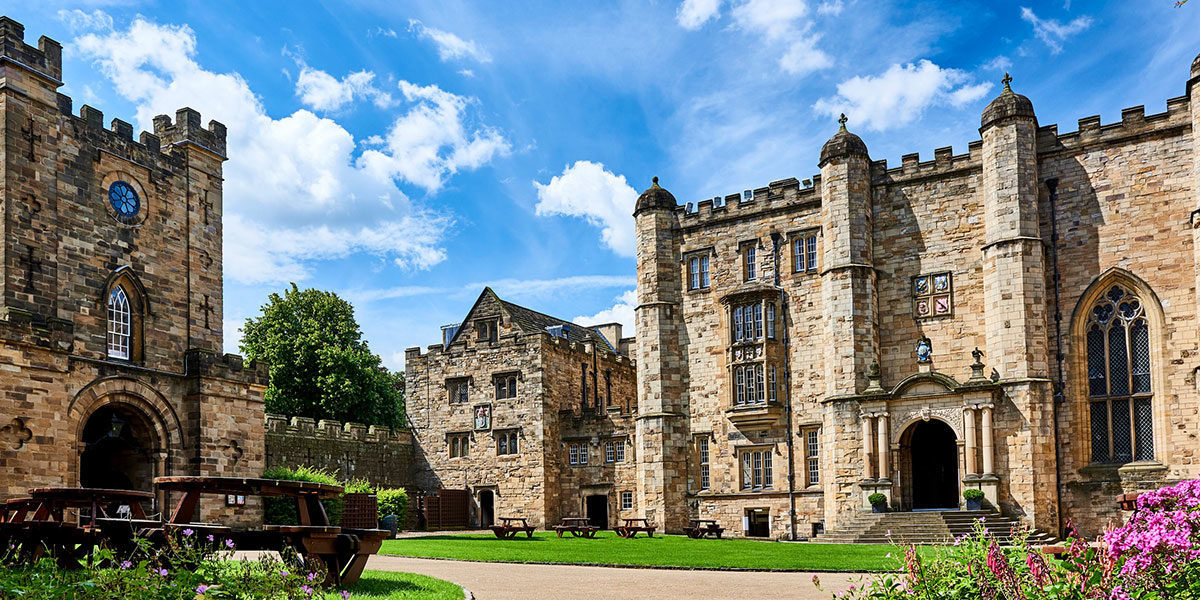I’d like to thank my dear friend Hansika Vohra, Durham class of ’21, for the invaluable insights that allowed me to compile this resource.
Academics
- Like at most other schools in the UK, Durham offers admission only for specific programmes of study, i.e., the curriculum for each student is largely predetermined and once admitted, students do not have the freedom to switch programmes.
- That said, students have a very limited number (generally one or two, depending on their field) of open modules, which are optional courses taken in other departments, in their second year.
- Each module consists of various formative assessments and the exam, though the weightage varies from course to course. Every student must write a dissertation, which carries 40% of their grade—in their third year. The modules of the first year generally do not impact the final transcript.
- The school follows a system of three terms: the Michaelmas Term, from early October to mid-December, the Epiphany Term, from mid-January to mid-March, and the Easter Term, from late April to late June.
- Each student is allotted a mentor and an academic advisor for their three years there.
- The most popular programmes at the school are Law, Geography, Sociology, Math, and Philosophy, Politics, and Economics (PPE).
- Like PPE, the school also offers other joint programmes, including Accounting and Finance, Chemistry and Physics, and Religion, Society, and Culture.

Life on Campus and Around
- Students at the university have the option of either living on or off campus. First-years generally choose to live on campus, though they usually rent housing nearby with friends or otherwise in the subsequent years.
- Students determine their housing for the next year quite early in first term, either on or off campus. Thus, for those wanting to live with friends, it can be imperative to socialize and have the conversation early on.
- Housing on campus is in residential colleges, the center of social and residential life for students. Each college is equipped with its own recreational facilities, common rooms, dining hall, bar, and sports-teams. They also each have their own buttery, an outlet for midnight eats like toasties and the sort. These colleges may either be catered or non-catered.
- Rooms are generally singles, with very few exceptions. Bathrooms are generally shared, though some rooms have en-suites.
- Students are placed on a “landing”—a group of rooms and suites—that forms the most immediate community of the student. These are the people you see most often and are prone to form the easiest friendships with.
- High-British culture is ingrained in the school’s culture. Matriculation takes place at the renowned Durham cathedral. The school hosts balls and formals, often with strict dress codes.
- Durham is a small, university-centered town in the north, quite a contrast to a large, southern city like London. This idyllic setting may be conducive to those in search of a quiet, quaint, school-oriented life. There is enough for students to do to enjoy themselves on and off campus, with restaurants of various cuisines, pubs, and even a club.
- Due to the remote setting, work opportunities outside school relevant to their field during the term are scarce. There isn’t a strong culture of academic work on campus, as professors show a clear preference for more qualified candidates, usually PhD students.
- Newcastle is, however, only a 20-minute train ride away, while London takes about 3 hours. So, a long weekend in London is not by any means rare.
- Durham, as most UK schools, has a strong pub-culture, wherein students enjoy the occasional evening at the pub to partake in light drinking. This is partially due to the drinking regulations in the UK, the law allows consumption of alcohol after the age of 18, and is reflected with a bar in each residential college.
- The school and town have a rich culture of music and theatre. The Durham cathedral is home to a prestigious church-choir, and Durham is the originator of accomplished dramatists and playwrights. There are also other societies, celebrating more diverse and occasionally niche human pursuits. These include an Indian Society.
- The school has competitive clubs ranging from debate to various sports, wherein rugby holds a high place. There are two levels of competitive sports: residential college teams and a university team.

